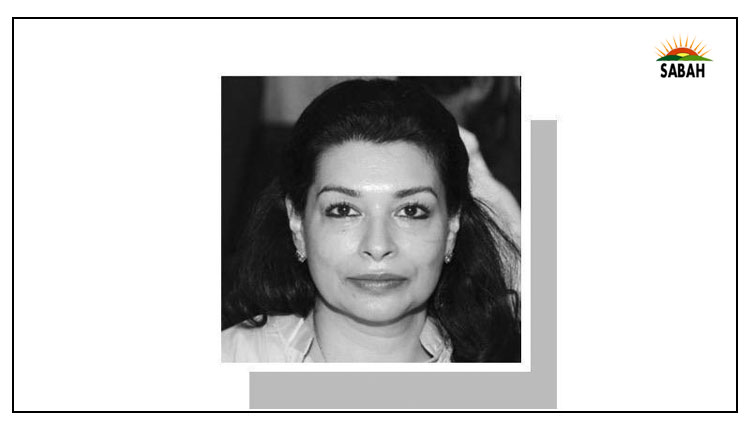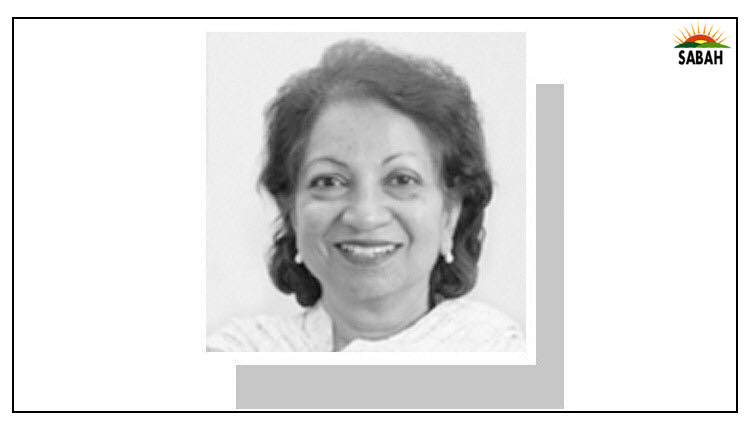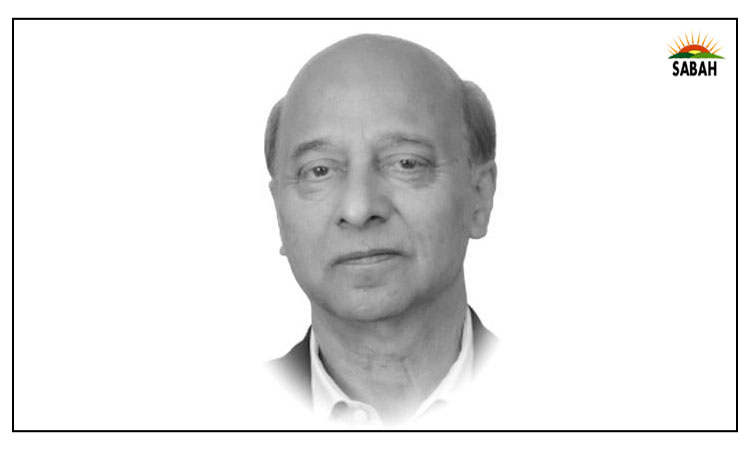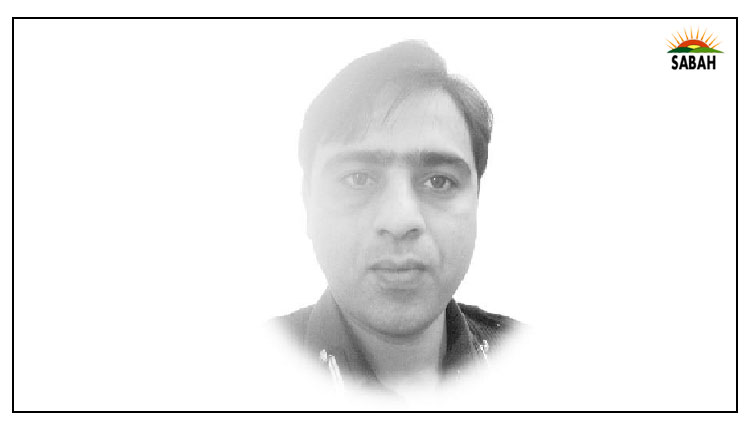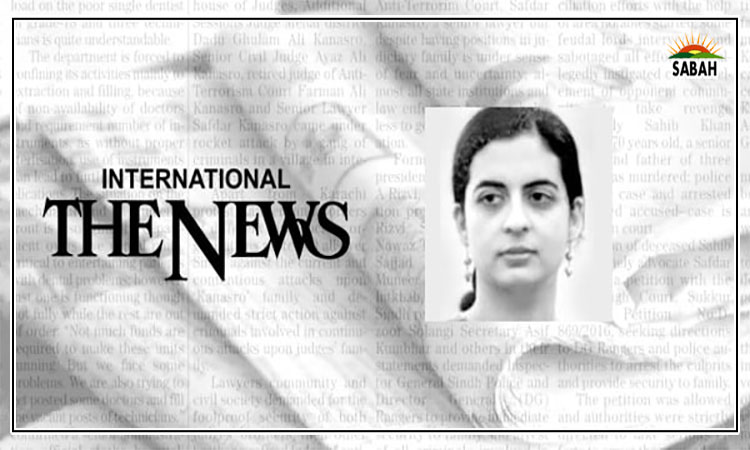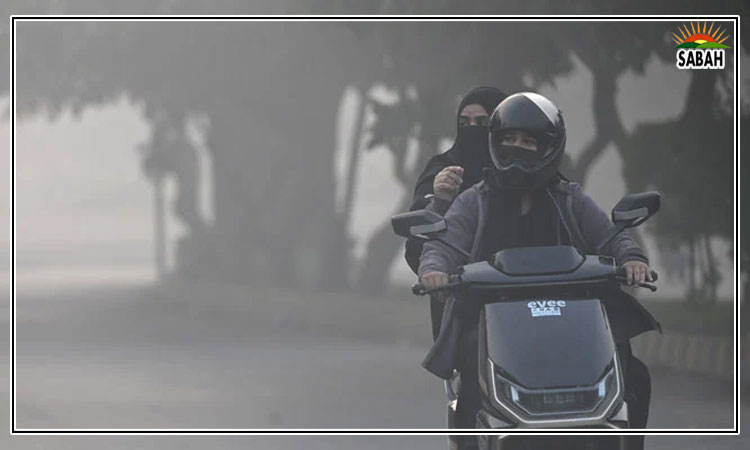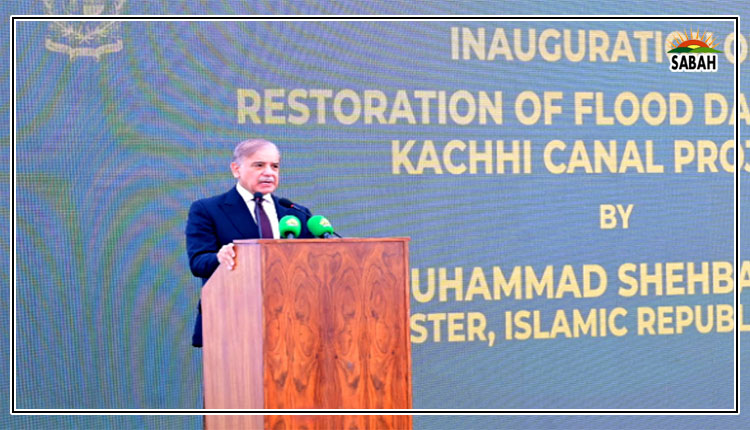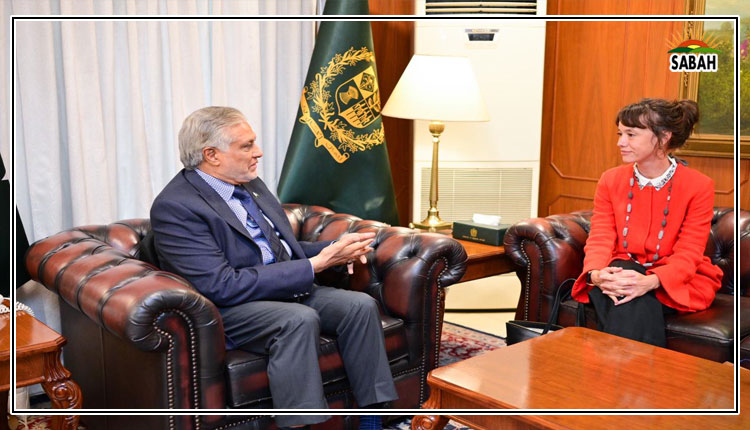India joins the murder club … Durdana Najam
The recent diplomatic clash between India and Canada has opened a Pandora’s box of allegations involving serious human rights violations and international law breaches. Indian diplomats have been accused of engaging in targeted killings, intimidation and coercion against the Sikh diaspora, including the high-profile assassination of Sikh activist Hardeep Singh Nijjar. The case, coupled with new accusations from the United States, casts a shadow on India’s evolving foreign policy under Prime Minister Narendra Modi’s leadership, exposing a broader trend of transnational repression.
The gravity of the allegations was starkly highlighted by a press conference in Canada where senior police officials accused Indian diplomats, including High Commissioner Sanjay Kumar Verma, of orchestrating Nijjar’s murder. Nijjar was gunned down outside a gurdwara in Vancouver, and according to Canadian intelligence, this was not an isolated incident. The officials also implicated Indian diplomats in other murders, extortion and coercive activities on Canadian soil, allegedly in collaboration with notorious Indian gangster Goldy Brar. Prime Minister Justin Trudeau further escalated the situation, stating that Canada had credible intelligence linking India to violent crimes, including “drive-by shootings” and “home invasions”.
The allegations have ignited a diplomatic row that threatens to unravel India-Canada relations, while also raising alarm over India’s methods of exerting influence on foreign soil. India has consistently denied any involvement, dismissing the accusations as absurd, and countering with claims that Canada has become a safe haven for Sikh extremists. However, the recent developments in the US have complicated India’s narrative.
The indictment of Vikash Yadav, a former Indian intelligence official, for plotting to assassinate US citizen Gurpatwant Singh Pannun, a prominent Sikh separatist, has introduced another dimension to the debate. Yadav is accused of collaborating with Nikhil Gupta, an intermediary based in New York, to execute the killing, which was foiled when the hired assassin turned out to be an undercover US law enforcement officer. What makes this case particularly concerning is its connection to the Nijjar killing. According to US prosecutors, Gupta mentioned a “big target” in Canada just days before Nijjar was murdered, and Yadav later sent a video of Nijjar’s lifeless body to his middleman.
In an investigation by The Guardian earlier this year, it was revealed that India has allegedly been involved in up to 20 targeted killings across the border in Pakistan since 2020, mostly aimed at dissidents and Sikh activists. This trend, according to intelligence insiders, signals a broader shift in India’s foreign policy, with the government emboldened to take more aggressive actions abroad. “What the Saudis did was very effective,” an Indian intelligence officer told The Guardian, referring to the Jamal Khashoggi’s case. “You not only get rid of your enemy but send a chilling message, a warning to those working against you.”
The potential implications of this shift are far-reaching. India’s alleged actions in Canada, the US and Pakistan point to a dangerous pattern of extraterritorial violence, one that threatens not just the sovereignty of individual nations but also the international order. Transnational repression – the use of illegal means by states to silence dissent abroad – has become a worrying tactic that undermines diplomatic norms and human rights protections. It is a tactic more commonly associated with authoritarian regimes, and its use by a democratic nation like India raises significant ethical concerns.
Canada and the US have thus far handled the situation with caution, mindful of India’s strategic importance. While Canada has expressed outrage, pressing charges against Indian diplomats remains a challenge. For the US, India is a critical ally in the Indo-Pacific, and Washington has tried to balance its strategic interests with upholding the rule of law. Nonetheless, the indictment of Yadav by the US Department of Justice sends a clear message: geopolitical alliances will not shield foreign actors from accountability.
This case exposes the limits of international diplomacy in the face of state-sponsored violence. While the Western nations involved are key allies of India, they cannot afford to ignore the potential threat posed by a government willing to violate their sovereignty. If the allegations are proven true, the international community will have to confront an uncomfortable reality: India is transforming into a rogue actor on the global stage, undermining its own credibility as a democratic nation committed to peace and stability.
India’s diplomatic fallout with Canada and the US should serve as a wake-up call. The international community must take a firm stand against the use of violence as a tool for political gain, especially when carried out beyond a nation’s borders. Failure to do so risks normalising extraterritorial assassinations as an acceptable method of repression, threatening global peace and the safety of dissidents worldwide. This is a critical moment for diplomacy – a test of whether the rule of law can withstand the growing pressures of nationalism and state-sponsored violence.
Courtesy



